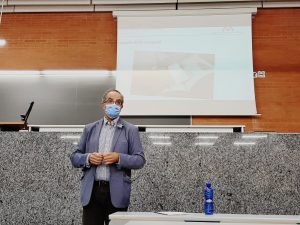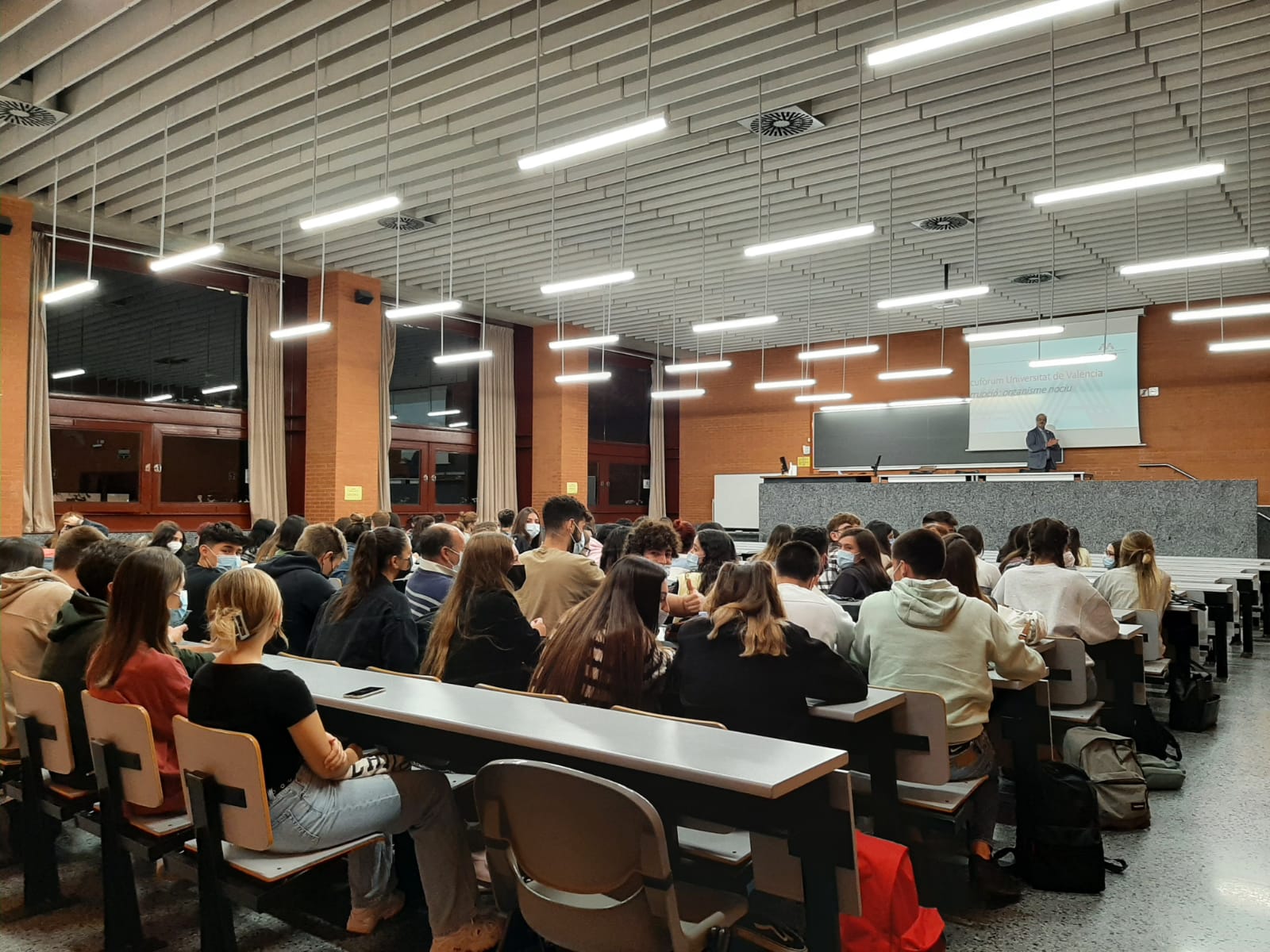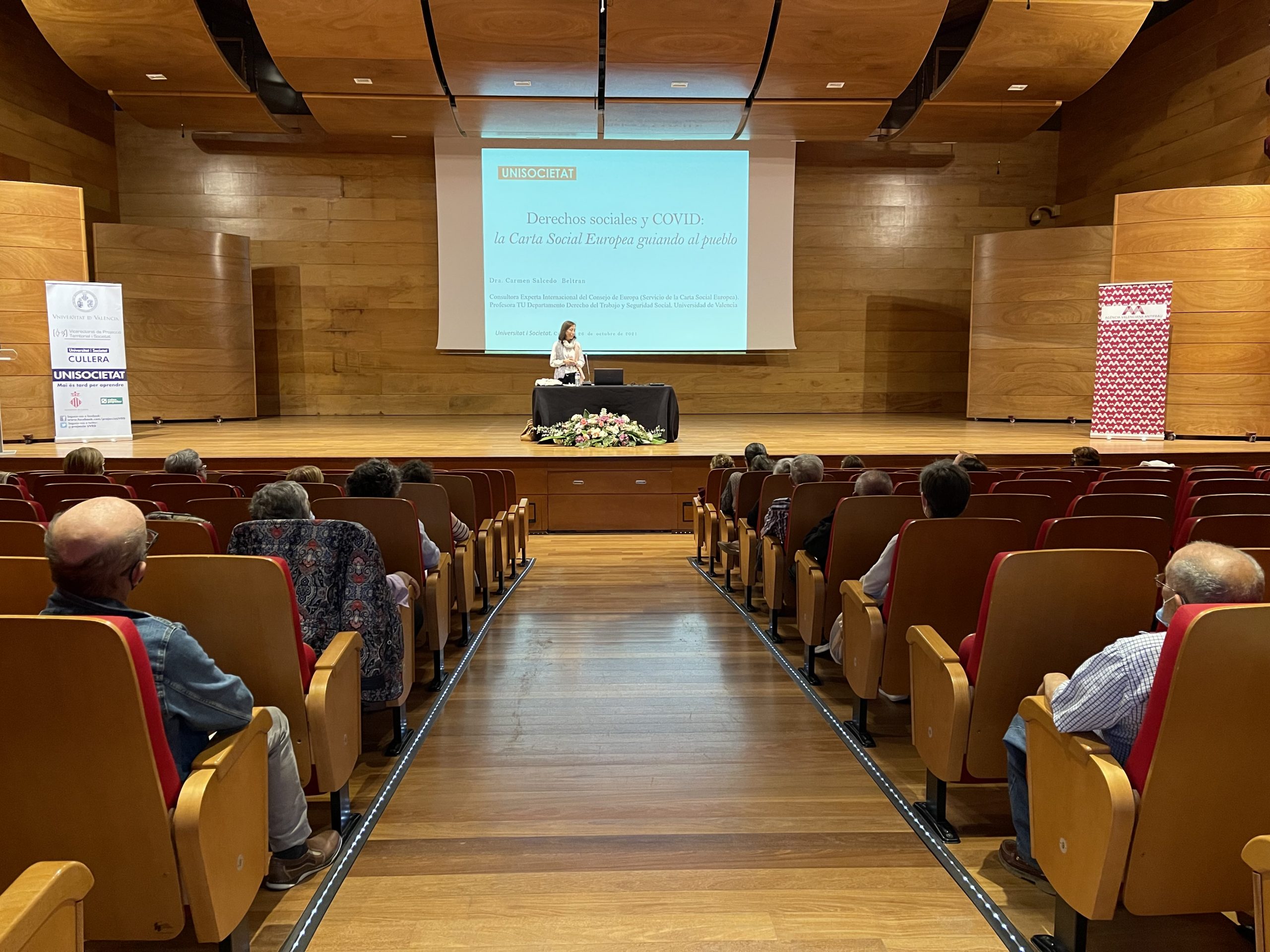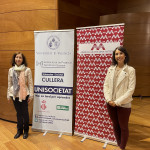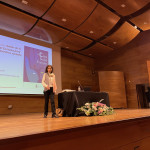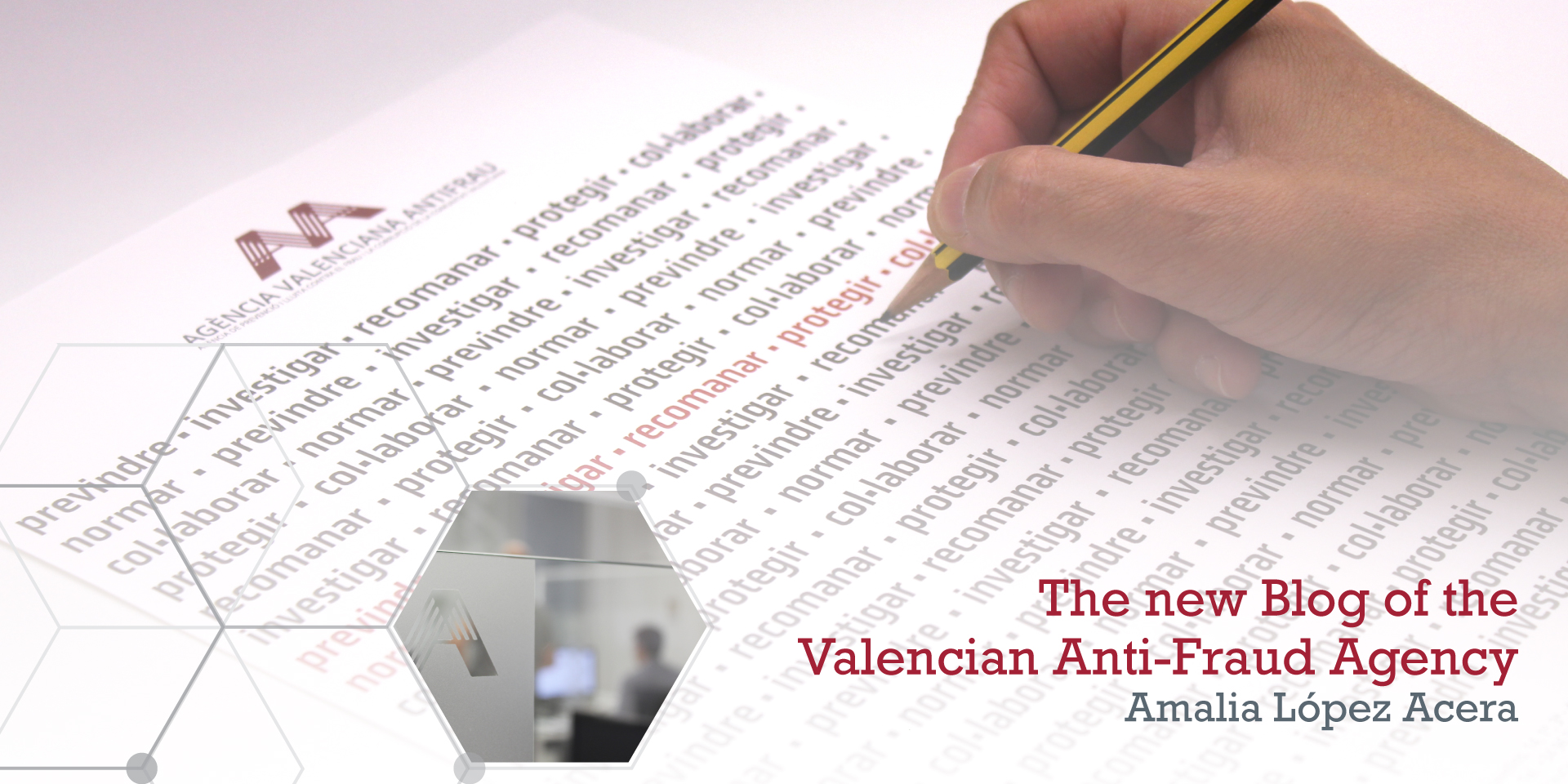Today we inaugurate a new communication space that aims to bring the work that we carry out from the Valencian Anti-Fraud Agency closer to the public while at the same time wanting to contribute to the fight against fraud and corruption from the creation of a public ethics and integrity. In a changing environment like the one we have had to live in, it is necessary to find new spaces to relate to the citizens for whom we work and to be able to communicate with them. If the COVID-19 crisis has taught us anything, it is that in addition to physical spaces we need virtual spaces so that communication can be really effective. The central nucleus of the communicative action of the AVAF is its website, which we have recently updated, and where you can find all the information and activity carried out by the Agency in its different areas of research, legal, documentation, prevention and training.
But having a web page is not a guarantee that this information reaches the public, so we have been deploying a set of channels and formats that adapt to different audiences, and also to their peculiar ways of accessing and consuming information.
In this way we have profiles on social networks such as Twitter, Facebook, LinkedIn and Instagram. The audiovisual content that we are generating is available on the YouTube channel while Twitch we use it for the retransmissions that we carry out in streaming.
From the Telegram channel we send information for those who do not use social networks, but want to be up to date with everything related to the fight against fraud and corruption.
We have recently opened channels on Ivoox and Spotify where we publish the audiovisual content generated in podcast format, one of the formats that has been experiencing the greatest growth in recent years.
And from the constant concern to get closer to the public today we welcome “The blog of the Valencian Anti-Fraud Agency”, a space from which we want to offer information, knowledge and the experience of our work in the day a day that have no place in other spaces.
Public administrations are used to moving in an environment that is sometimes too formal and bureaucratized, as required by regulations and administrative procedure, but which distances us from the majority of the population, so it is necessary to adopt a style and simple and close language and this blog offers us that possibility.
This is ultimately the main objective of this blog: to bring the work that is done in the Agency hand in hand with the people who work in it. And it is that since its creation almost 5 years ago, the Agency staff has been acquiring knowledge and expertise that we believe we have to share with society as a whole.
We also want this blog to be a space for debate and reflection on all those themes and central issues of the Agency’s action, such as the fight against fraud and corruption, transparency, conflict of interest or creation of a public ethics and integrity among many others.
And to contribute to this debate and reflection, we will invite experts in these areas and fields to write in this blog, and in this way they can contribute their knowledge, experience and particular point of view.
We started this new blog with the hope and motivation of being able to be of help to that citizenry for which we work every day.
Finally, do not forget to subscribe to the blog and the newsletter so that you can receive each new publication.
Amalia López Acera Head of the Institutional Relations, Communication and Participation Unit Valencian Anti-Fraud Agency
